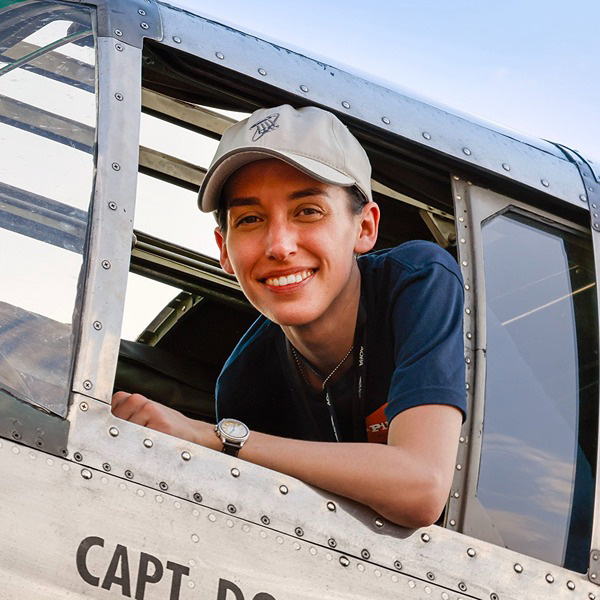Unfamiliar territory
Is your gut trying to tell you something?
It was a sunny California afternoon when I made quite possibly the stupidest decision of my life.

I was lining up for a short-field takeoff at Auburn Municipal Airport (AUN) in a Cessna 172 decked out with surveillance equipment for the detective agency I worked for. Although I had flown many missions in it, today was my first time as its pilot in command, solo, for a radio check on some newly installed avionics. Unfortunately, my gut was setting off alarms I couldn’t shake.
I was a private pilot whose flight time and muscle memory were mostly in a battered rental Cessna 150 that never produced its expected horsepower, and even though I had just been checked out in this very 172, I was not comfortable with the airplane. I dismissed my anxiety. Who was I going to trust: my own limited experience, or my far-wiser flight instructor who assured me I was ready to fly the airplane? Ignoring my gut, I applied right rudder, added full power, and released the brakes.
The aircraft shot left off the runway.
Startled, I reverted to my training habit when the airplane did something I didn’t understand—release the controls and let the airplane tell me what was going on or correct itself. This works great at altitude, but here the problem only got worse. The aircraft raced across the ground at an angle. Grass passed beneath me, then the taxiway, then more grass—all in split seconds as I sat in confusion. Directly in front of me, a California Highway Patrol helicopter sat innocently in its parking spot, and it dawned on me that I wasn’t getting out of this.
Thankfully, instead of panic, my brain locked into a thought process born of flying and detective work: Gather info, deduce cause and effect.
I looked out my window. The grass was rapidly passing, and I suddenly noticed I was not experiencing the bumps that would accompany going across the ground at this speed. Realizing I must be airborne, I hauled the airplane into a banking climb, conscious of the stall risk but having no choice. Clearing the helicopter, I eased back on the controls and returned to a proper climbout.
With fear now setting in, I nursed the airplane to altitude, performed the radio check, and returned to the airport without incident, where two CHP officers in a golf cart were waiting for me. From the ground, it appeared I had taken off from the taxiway, which I assured them I hadn’t. I was clueless as to what happened, and the only explanation I could think of was, “The rudder felt weird.” No kidding. My muscle memory had led me to apply enough rudder to counteract the left-turning tendencies of a short-field takeoff in a languishing Cessna 150—inadequate for the more-powerful 172. My checkout had not included a short-field takeoff, giving the instructor an over-estimation of my skills, and I had accepted the sign-off with faith despite my discomfort.
I walked away with the hard lesson that a simple error could have killed me and destroyed several aircraft because I had failed to listen to my gut, develop a proper reaction to an unexpected aircraft behavior, or build muscle memory with an airplane before I commanded it.
As pilots, we often avoid exposing our shameful mistakes, and I get it. I still don’t like telling this story, but if swallowing my pride helps make someone a safer pilot, I’ll gladly shout it from the rooftops.




